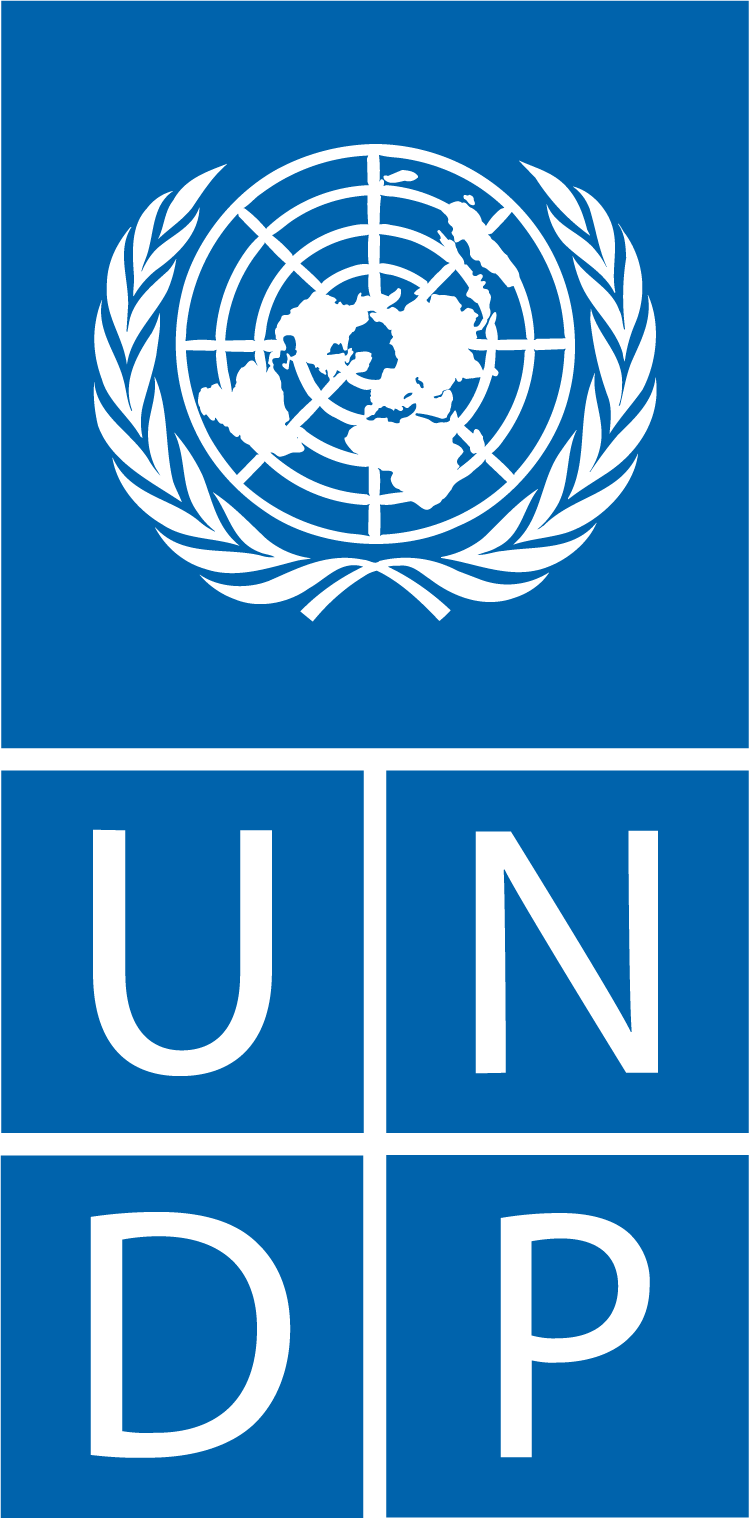Overview: Livelihoods, sustainability, and development through market access can only be obtained if there is a safe and secure environment for investment. Social cohesion contributes to creating the necessary conducive conditions, horizontally within and between communities, vertically between communities and the relevant multilayers of authorities, and a cross-border and regional level between the different countries. Therefore, promoting social cohesion will be fundamental in promoting livelihood improvement opportunities.
Risk-informed and conflict-sensitive development planning across the border is a major anchor of sustaining peace and achieving the peace-humanitarian-human rights-development nexus in the borderlands. ABC shall undertake joint risk mapping with communities, security forces and local authorities. Automated early warning systems will be activated while measures shall be taken to ensure early responses to the warning by national and local institutions.
Unity and belongingness of communities living across national borders are essential to peaceful and harmonious coexistence. To achieve this, there is a need for continuous investment in strategic communication- horizontally and vertically, to challenge negative stereotyping, address areas of concern, organize cross-border socio-cultural events and festivals, and support synergy between security forces, immigration officials, traditional and religious leaders, women and youth leaders, and local authorities across national and cultural divides.
A shared vision for joint management of economic and natural resources that cut across the border frontiers is required to ensure the achievement of borderlands development results. Such vision should be informed by deliberate social dialogues focused on strengthening these communities’ resilience equitably and inclusively.
The borderlands regions have broadly experienced a weak government presence. This makes local governance, social justice and the rule of law critical elements of sustainable development. The ABC seeks to strengthen non-state actors’ capacity to engage in structural conflict prevention measures by channelling demands and inputs into legitimate governance processes. Governments shall be supported to lead cross-border networking, develop laws, policies and strategies for shared resource management, and provide essential services in border crossings.
State institutions shall be supported overall to see their roles as facilitators of mobility, trade and development rather than gate-keepers. Government-civil society collaboration to prevent labour exploitation (particularly of women), abuse of internecine miners, exploitation of ICBT sectors, disproportionate use of force on youth demanding good governance, and other such excesses shall be supported. The presence of law enforcement institutions, immigration, customs and health authorities in the borderlands shall be supported to safeguard the health and safety of the communities. Borderlands development initiatives should consider providing specific infrastructure support to local authorities to perform their constitutional responsibilities more effectively.
Illicit economic activities flourish partly in some borderlands due to a lack of trust between authorities, communities, and economic actors. Lack of trust is also a dynamic cause of conflict between border communities. ABC will support trust-building with local authorities and security forces as an integratal part of the Joint Border Management, Cross Border Peace Committee, and Joint Border Commissions functions. This will enhance integrated border management to curtail illegal activities, facilitate legitimate business activities, prevent other threats to border communities, and enhance cohesive state-community engagement.
Sample activities under this pillar include:
- Data-informed Conflict Early Warning and Response
- Specific Borderlands Conflict and Development Assessments
- Development of Borderlands Conflict Sensitivity Tools
- Synthetization of knowledge on peace, security and development nexus in the borderlands.
- Capacity development and advocacy for inclusive and accountable local governance systems.
- Capacity enhancement for Joint Border Commissions, Cross-Border Peace Committees and other key stakeholders
- Prevention of violent extremism.
- Cross-Border Dialogues and Agreements.
- Support to institutions responsible for local governance, cross-border trade facilitations, etc., specifically on women’s protection, prevention of harmful cultural practices, gender equality, access to justice and the rule of law.
- Technical support to shared cross-border land and natural resources management.
- Facilitation of networks of border authorities for experience sharing and knowledge transfers.


